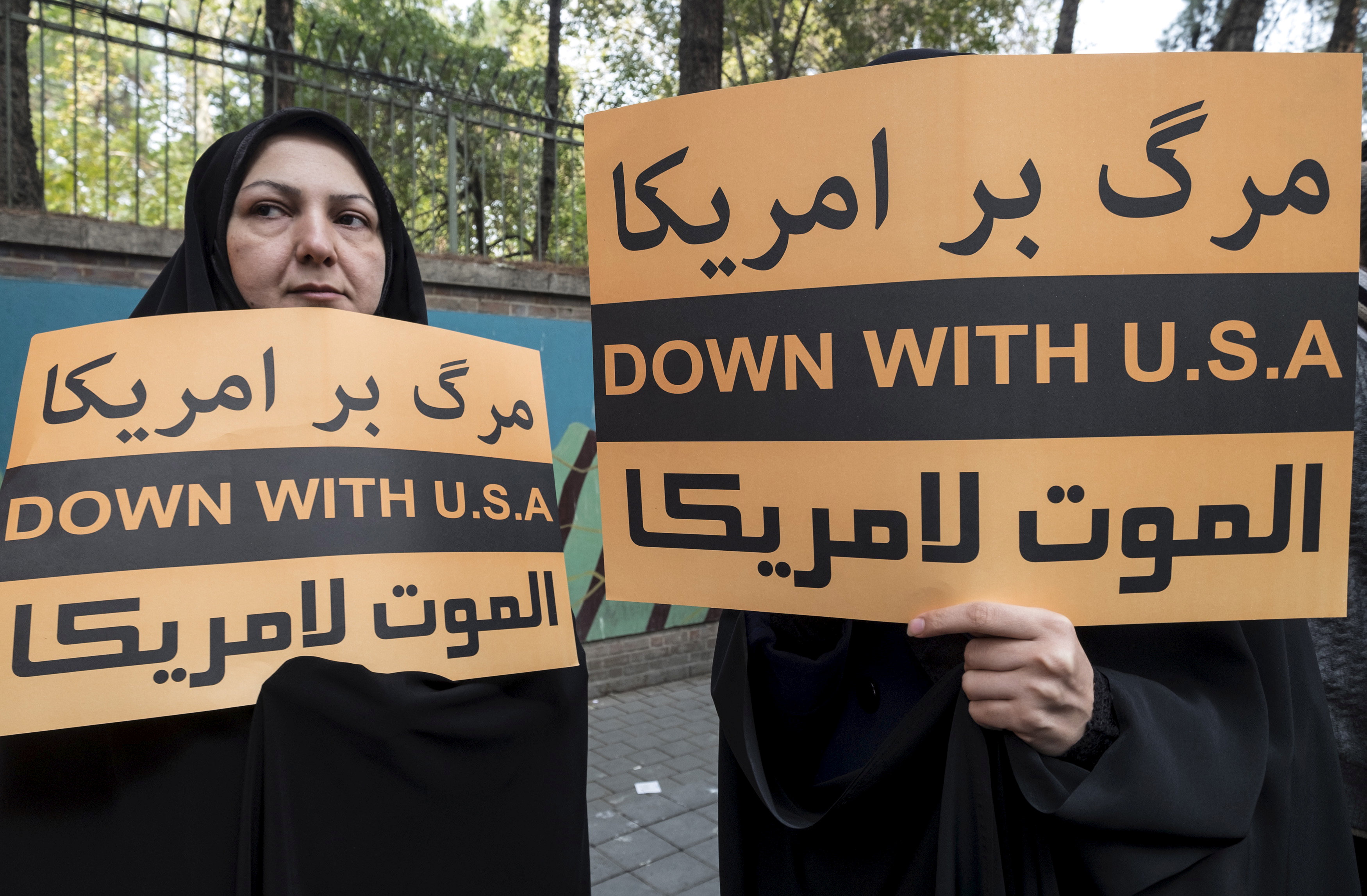
By Andrea Shalal and Robin Emmott
BERLIN/BRUSSELS (Reuters) – At least 20 countries in the European Union will sign up to a new defense pact next week, promoted by France and Germany, to fund and develop joint military hardware in a show of unity following Britain’s decision to quit the bloc.
After years of spending cutbacks in Europe and a heavy reliance on the United States through the NATO alliance, France and Germany hope the accord, to be signed on Nov. 13 in Brussels, will tie nations into tighter defense collaboration covering troops and weapons.
The Permanent Structured Cooperation, or PESCO, could be the biggest leap in EU defense policy in decades and may go some way to matching the bloc’s economic and trade prowess with a more powerful military.
But differences remain between Paris and Berlin over what countries legally bound by the pact should do, EU diplomats said.
France wanted a core group of governments to bring money and military assets to PESCO as well as a willingness to intervene abroad. Germany has sought to broaden the pact to make it inclusive, which some experts say could make it less effective.
“This has to bring about a higher level of commitment if it is going to work,” said a EU official, describing PESCO as a ‘defense marriage’. “The EU already has plenty of forums for discussion,” the official said.
So far France, Germany, Italy, Spain and around 16 other EU countries have pledged to join the pact, which could formally be launched when EU leaders meet in December. Some other members, including Denmark, Portugal, Malta and Ireland, have yet to commit themselves publicly.
But it was clear that Britain, which intends to leave the bloc following the Brexit referendum of June 2016, would not participate, officials said. Britain has long sought to block EU defense cooperation, fearing it could result in an EU army.
French diplomats said the pact would have several areas where EU governments would agree to work together and pledge funds, including EU military operations, investment and acquiring defense capabilities together as a group.
A German official said the initiative won momentum from French President Emmanuel Macron’s call for a European intervention force in September and U.S. President Donald Trump’s insistence that Europe do more for its security.
Proposals for PESCO include work on a European medical command and a network of logistic hubs in Europe, creation of a crisis response center, and joint training of military officers.
A key goal is to reduce the numbers of weapons systems and prevent duplication to save money and improve joint operations.
It could also serve as an umbrella for projects such as a Franco-German initiative to design a new fighter jet, and existing bilateral military cooperation agreements, such as the close ties between Germany and the Netherlands.
MILITARY “SCHENGEN”
Efforts under the pact will be closely coordinated with the U.S.-led NATO alliance to ensure transparency and avoid any redundancies, the German official said.
One area where NATO and EU officials see common ground is in the need for a military zone for free movement of troops and equipment, loosely based on the EU’s passport-free travel “Schengen” zone.
“I welcome integration to the maximum extent practical. We obviously want to avoid duplication and maximize transparency,” U.S. Air Force General Tod Wolters, NATO Allied Air Commander, told Reuters.
Under the plans, the North Atlantic Treaty Organisation would focus on collective defense, while PESCO would ensure a quicker and more efficient EU response to events like the 2014 Ebola crisis in Africa, the official said.
“This will not happen in competition with NATO,” the German official said.
(Reporting by Andrea Shalal and Robin Emmott; Editing by Richard Balmforth and Peter Graff)









